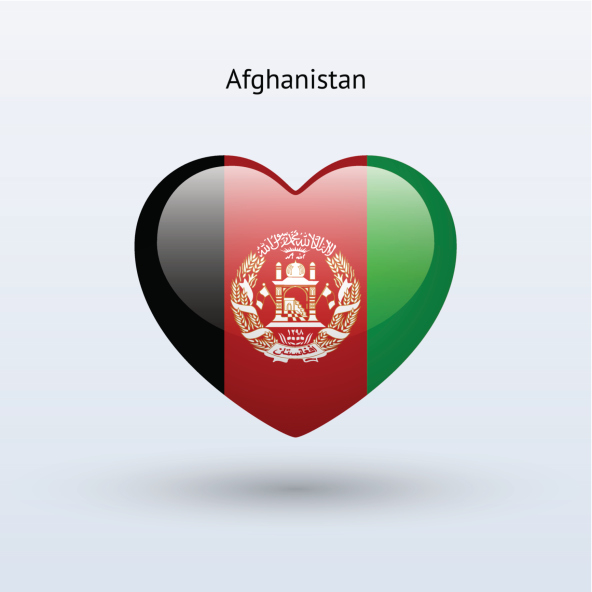 The road to the airport in Kabul, Afghanistan, has been dubbed "Las Vegas" for its rows of neon-lit, mirror-walled wedding halls. Wedding receptions are big business in this country, as weddings themselves carry heavy cultural significance that reaches well past the union of a happy couple. These halls typically accommodate upward of 600 guests per event. The events themselves are seen by many Afghan people to be evidence of the country's continued commitment to hospitality and of its dedication to family. The only problem is, many young Afghan men simply cannot afford the costs of feeding 700 of their nearest and dearest. As a result, they are putting off marriage.
The road to the airport in Kabul, Afghanistan, has been dubbed "Las Vegas" for its rows of neon-lit, mirror-walled wedding halls. Wedding receptions are big business in this country, as weddings themselves carry heavy cultural significance that reaches well past the union of a happy couple. These halls typically accommodate upward of 600 guests per event. The events themselves are seen by many Afghan people to be evidence of the country's continued commitment to hospitality and of its dedication to family. The only problem is, many young Afghan men simply cannot afford the costs of feeding 700 of their nearest and dearest. As a result, they are putting off marriage.
The Guest List
A marriage in Afghanistan is seen as an opportunity to acknowledge community connections. A guest list may start out at 300 invitees, including the families and extended families of the bride and groom. The list can double as people from the village are added, plus people the couple have grown up with in another village, plus professional colleagues and co-workers. It is unlikely that the couple will recognize the majority of guests at their reception, but the celebration exists in part to honor the community bond. There is, too, a subset of guests known as "toi paal," or wedding crashers. Unlike their Western counterparts, who are portrayed as womanizing opportunists, these uninvited guests have no hope of meeting eligible young women, as the events are segregated by gender. These are young men who venture into the halls virtually undetected to take part in the feasts of lamb, chicken, yogurt, fruit and pudding.
New Legislation
The Afghan parliament has passed a bill that now awaits the president's signature. The bill proposes that a cap of 500 guests be set as a limit to individual events held at a hall. There are many young men who stand in favor of the bill who would like to marry but feel deterred by the $30,000-plus price tag of a reception. They feel oppressed by the need to take out a bank loan that takes decades to pay back. Opponents to the bill include:
- Wedding hall owners and operators
- Hotel owners and operators
- Women's rights leaders
While opposition to the bill may seem logical from hall operators and hotel personnel, the resistance from women's groups appears less obvious. Leaders in women's rights groups in Afghanistan object to pieces of the legislation that support the continuation of events segregated by gender. They oppose, as well, requirements that the bride's clothing be approved for modesty. These conditions violate the privacy and fundamental rights of women, leaders say.
A Booming Industry
The mega-complex for receptions has exploded over the last decade in Kabul. The halls are elaborately designed and decorated, with names such as Crystal, City Star and Evening of Paris, complete with a model of the Eiffel Tower. Hall operators say the proposed cap on guests would incite discord and weaken tribal and social ties among people in Afghanistan. It is said that loyalty begins at the wedding reception and carries through to the funeral. They also fear massive unemployment for the thousands of waiters and hall workers who now cater the enormous events. One hall owner wondered aloud, "What will they do if they lose their jobs? Go join the Taliban?"
Complex Culture
Expensive, elaborate receptions might appear contrary in a country as impoverished as Afghanistan, especially taking into consideration that most of the big weddings are not hosted by the wealthy elite, but by people of modest income. Customs in this ancient culture run deep, however, and it is a custom to feed anyone who comes to the marriage feast. For better or worse, wedding halls provide a space for people to come together. It waits to be seen whether attempts to limit participants will take hold in Kabul.
Add Your Comment